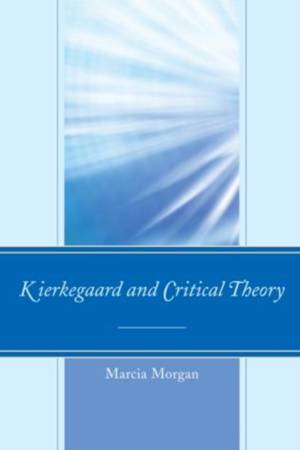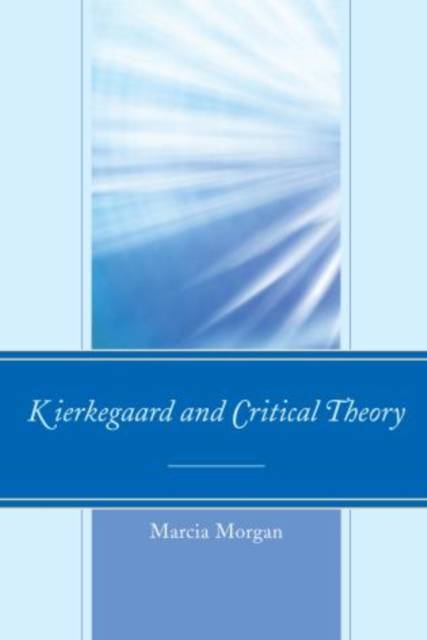
- Retrait gratuit dans votre magasin Club
- 7.000.000 titres dans notre catalogue
- Payer en toute sécurité
- Toujours un magasin près de chez vous
- Retrait gratuit dans votre magasin Club
- 7.000.0000 titres dans notre catalogue
- Payer en toute sécurité
- Toujours un magasin près de chez vous
Description
Kierkegaard's impact on the development of critical theory has received scant study; it is the aim of the book to fill this scholarly lacuna. Kierkegaard and Critical Theory seeks to expose the complexity not only of Kierkegaard but of the Frankfurt School and their cohort, highlighting the ways in which the Danish religious thinker has been redeemed for a multiculture activist ethics in spirit with the fundamental aims of the Frankfurt School.
Spécifications
Parties prenantes
- Auteur(s) :
- Editeur:
Contenu
- Nombre de pages :
- 140
- Langue:
- Anglais
Caractéristiques
- EAN:
- 9780739167786
- Date de parution :
- 13-12-12
- Format:
- Livre relié
- Format numérique:
- Genaaid
- Dimensions :
- 150 mm x 236 mm
- Poids :
- 317 g

Les avis
Nous publions uniquement les avis qui respectent les conditions requises. Consultez nos conditions pour les avis.






